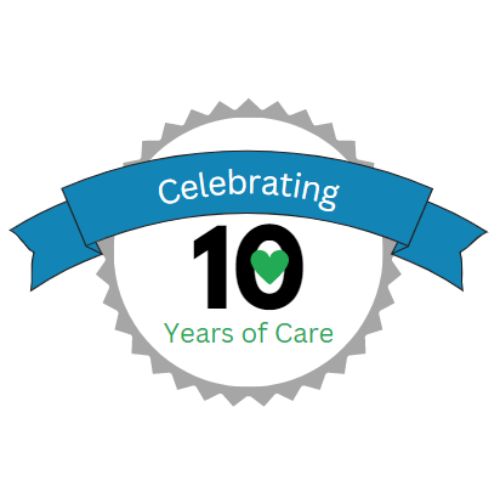It’s easy to assume that when an aging loved one forgets about scheduled events or starts showing confusion that it’s Alzheimer’s or some other form of dementia. But, it’s often noted that memory loss in seniors is due to other reasons. If it has been determined that an aging loved one’s memory loss isn’t due to dementia, it could be due to these other reasons.
Deficiencies in Nutritional Intake and Memory Loss
There are a few things our bodies use which, when neglected in diet, can lead to memory loss in seniors. One of these things is the nutrient B-12. This vitamin is essential to the body for a number of reasons. It’s what maintains the sheath coatings of nerve cells, which are responsible for everything we feel. Additionally, it helps to make and restore DNA, which are the building block to everything we are. And, as B-12 is responsible for helping the body make DNA, a lack of it can inhibit brain function, including retaining memory. While aging individuals may be taking in enough B12 in their diet, there is a condition known as pernicious anemia which is diagnosed to individuals who cannot absorb B12 from their diet. A quick, easy blood screening is all that’s needed to determine if a B12 deficiency is the cause of memory loss in seniors.
B1 is another vitamin which can lead to memory loss in seniors. B1, or thiamine, is responsible for helping the body to obtain energy from food. But, it’s also responsible for helping the nervous system and brain to perform properly. Alcohol abuse can lead to a lack of thiamine in the body, which may result in the brain disease known as Wernicke-Korsakoff syndrome. One of the symptoms of this syndrome is, in fact, memory loss.
Fortunately, both of these conditions which create memory loss in seniors can be reversed through medication and changing or lifestyle.
Side Effects of Medication which May be Memory Loss
Another common reason for memory loss in seniors is medication side effects. Specific medications have been noted for causing memory loss, especially in seniors. Some of these medications include Paxil, Warfarin, codeine, Digoxinand Prednisone. If a doctor has eliminated the possibility of dementia, then let him or her know about medications being taken so that this cause of memory loss may be considered.
Thyroid Disease and Memory Loss in Seniors
Nutrient deficiencies, medication side effects and thyroid disease are the only reversible causes of senior memory loss which are reversible. Both hypothyroidism and hyperthyroidism can offer side effects of memory loss. So, it’s important to rule out this option and get helpful treatment with prescription medications if this is determined the cause of memory loss.
Brain Tumor and Memory Loss in Seniors
If the above issues have been ruled out for the cause of memory loss in elderly individuals, the next test is usually an MRI to rule out brain tumors. Brain tumors can be present in areas of the brain responsible for holding memories, thus, an individual may experience symptoms of forgetfulness or unclarity. And, while these symptoms may look like Alzheimer’s to the average individual, an MRI can determine if it’s in fact caused by a mass found within the brain.
Getting the Right Diagnosis to Determining Cause for Memory Loss
There are many types of dementia. But, if a doctor has determined that a loved one’s loss of memory isn’t dementia, it’s important to find out why they are experiencing it. And, there are over 100 different medical issues, besides the ones listed in this article, which may present symptoms of memory loss in elderly individuals. Only a doctor can make correct diagnosis and provide the best options for treatment. So, work with your doctor and undergo tests to determine the best route of action. And, consider help around the home with in-home care. If you need a home caregiver referral to help an aging loved one who is either experiencing dementia or memory loss, consider Florida First Senior Home Care and give us a call today at 561-771-5980.







